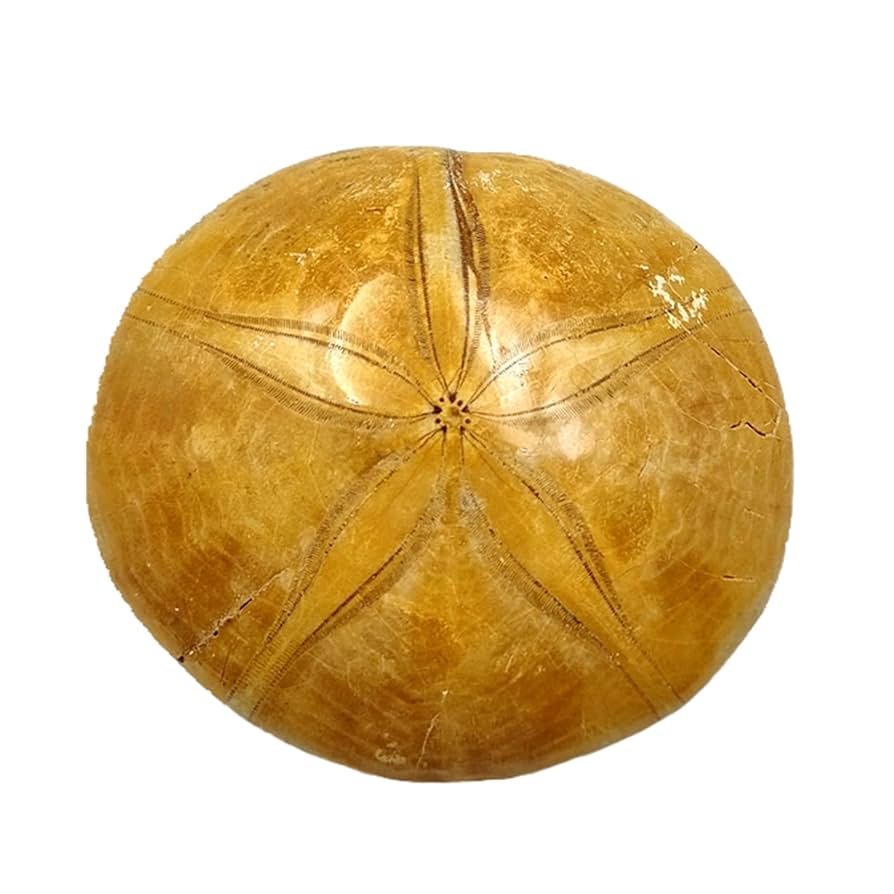The Science Museum of Minnesota
Sea Urchin
Sea Urchin
This sea urchin fossil preserves the hard, calcite skeleton (test) of an echinoid, a marine invertebrate related to starfish and sand dollars. Fossils like this provide valuable insights into ancient marine environments and the evolutionary history of echinoderms, which have existed for over 450 million years.
Features:
-
Composition: The fossilized test is primarily composed of calcite, a crystalline form of calcium carbonate (CaCO₃), which often preserves fine details of the sea urchin’s spiny surface and internal structure.
-
Geological Significance: Sea urchin fossils are found in sedimentary rock layers worldwide and serve as important index fossils for dating marine strata.
-
Formation Process: The original skeleton was buried in sediment and gradually mineralized over millions of years, preserving its shape and texture.
-
Educational Value: Ideal for studying paleontology, marine biology, and fossilization processes, this specimen provides a tangible connection to ancient ocean ecosystems.
Perfect for classroom collections, museums, or anyone interested in Earth’s prehistoric life.
12 in stock
Couldn't load pickup availability
Share










